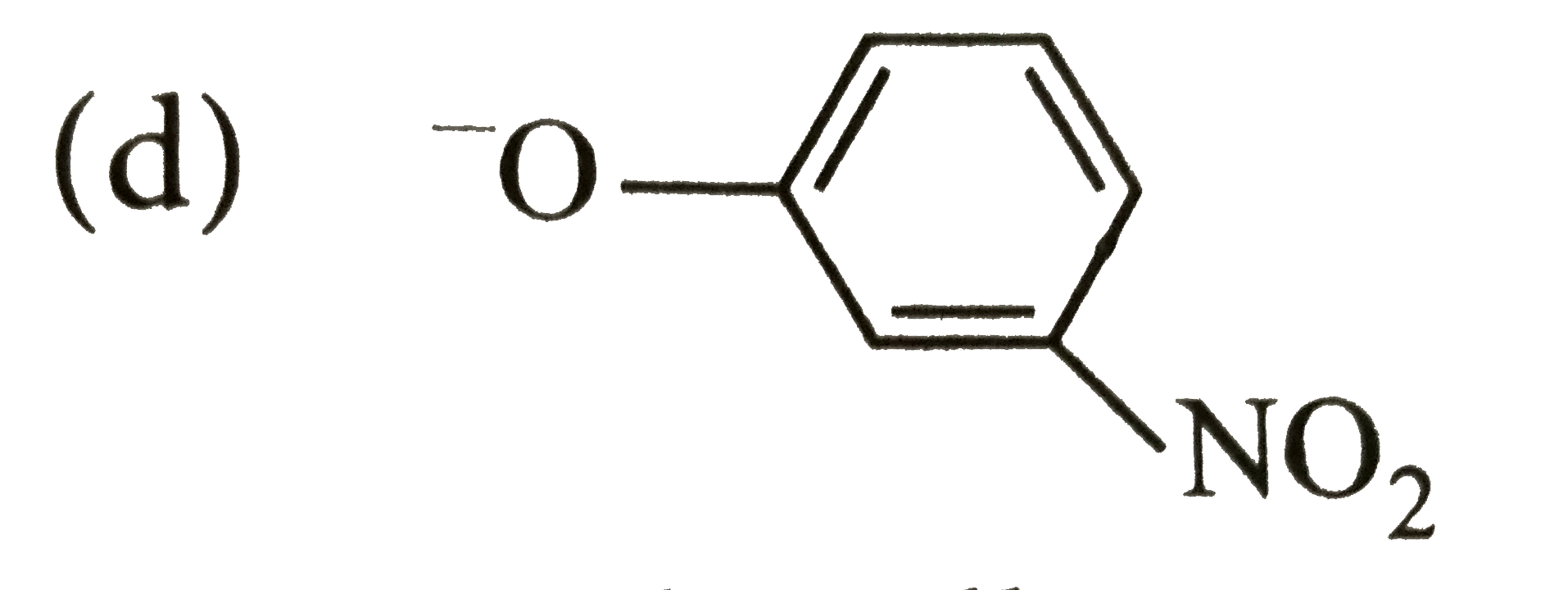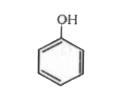One of the following species acts as both Bronsted acid and base
H2PO−2
HPO2−3
HPO2−4
all of these
The correct Answer is:C
To determine which species among the given options acts as both a Bronsted acid and a Bronsted base, we will analyze each option based on the definitions of Bronsted acids and bases.
1. Understanding Bronsted Acid and Base:
- A Bronsted acid is a substance that donates a proton (H⁺ ion).
- A Bronsted base is a substance that accepts a proton (H⁺ ion).
2. Analyzing Option 1: H₂PO₂⁻:
- H₂PO₂⁻ is the conjugate base of H₃PO₂ (phosphorous acid).
- H₃PO₂ can donate one H⁺ ion, making it a monobasic acid.
- H₂PO₂⁻ cannot donate another H⁺ ion, so it cannot act as a Bronsted acid.
- Therefore, H₂PO₂⁻ is not both a Bronsted acid and base.
3. Analyzing Option 2: HPO₃²⁻:
- HPO₃²⁻ is the conjugate base of H₂PO₃⁻ (phosphorous acid).
- H₃PO₃ can donate two H⁺ ions, making it a dibasic acid.
- HPO₃²⁻ cannot donate another H⁺ ion, so it cannot act as a Bronsted acid.
- Therefore, HPO₃²⁻ is not both a Bronsted acid and base.
4. Analyzing Option 3: HPO₄²⁻:
- HPO₄²⁻ is derived from H₂PO₄⁻, which in turn is derived from H₃PO₄ (phosphoric acid).
- H₃PO₄ can donate three H⁺ ions, making it a tribasic acid.
- HPO₄²⁻ can donate one H⁺ ion to form PO₄³⁻, acting as a Bronsted acid.
- HPO₄²⁻ can also accept a proton to form H₂PO₄⁻, acting as a Bronsted base.
- Therefore, HPO₄²⁻ is both a Bronsted acid and base.
5. Analyzing Option 4: All of These:
- Since only HPO₄²⁻ acts as both a Bronsted acid and base, this option is incorrect.
Conclusion:
The species that acts as both a Bronsted acid and base is HPO₄²⁻ (Option 3).
- A Bronsted acid is a substance that donates a proton (H⁺ ion).
- A Bronsted base is a substance that accepts a proton (H⁺ ion).
- H₂PO₂⁻ is the conjugate base of H₃PO₂ (phosphorous acid).
- H₃PO₂ can donate one H⁺ ion, making it a monobasic acid.
- H₂PO₂⁻ cannot donate another H⁺ ion, so it cannot act as a Bronsted acid.
- Therefore, H₂PO₂⁻ is not both a Bronsted acid and base.
- HPO₃²⁻ is the conjugate base of H₂PO₃⁻ (phosphorous acid).
- H₃PO₃ can donate two H⁺ ions, making it a dibasic acid.
- HPO₃²⁻ cannot donate another H⁺ ion, so it cannot act as a Bronsted acid.
- Therefore, HPO₃²⁻ is not both a Bronsted acid and base.
- HPO₄²⁻ is derived from H₂PO₄⁻, which in turn is derived from H₃PO₄ (phosphoric acid).
- H₃PO₄ can donate three H⁺ ions, making it a tribasic acid.
- HPO₄²⁻ can donate one H⁺ ion to form PO₄³⁻, acting as a Bronsted acid.
- HPO₄²⁻ can also accept a proton to form H₂PO₄⁻, acting as a Bronsted base.
- Therefore, HPO₄²⁻ is both a Bronsted acid and base.
- Since only HPO₄²⁻ acts as both a Bronsted acid and base, this option is incorrect.
The species that acts as both a Bronsted acid and base is HPO₄²⁻ (Option 3).
Topper's Solved these Questions
- BOOK - ICSECHAPTER - EQUILIBRIUM EXERCISE - TRUE OR FALSE TYPE QUESTION22videos
EQUILIBRIUM
- BOOK - ICSECHAPTER - EQUILIBRIUM EXERCISE - FILL IN THE BLANKS TYPE QUESTIONS34videos
EQUILIBRIUM
- BOOK - ICSECHAPTER - EQUILIBRIUM EXERCISE - ESSAY (LONG ANSWER) TYPE QUESTIONS17videos
EQUILIBRIUM
- BOOK - ICSECHAPTER - ENVIRONMENTAL CHEMISTRY EXERCISE - NCERT TEXT-BOOK EXERCISE20videos
ENVIRONMENTAL CHEMISTRY
- BOOK - ICSECHAPTER - HYDROCARBONS EXERCISE - NCERT TEXT-BOOK EXERCISES46videos
HYDROCARBONS
Similar Questions
Knowledge Check
- Question 1 - Select One
Which of the following species can act as the strongest base ?
A−OHBORCOC6H5D
- Question 2 - Select One
Which of the following is the strongest Bronsted acid ?
A B
B C
C D
D
Which of the following species can act as the strongest base ?
View SolutionWhich of the following can act both as a Bronsted acid and a Bronsted base?
View SolutionWhich of the following species can acts as bronsted base as well as a Lewis base?
View SolutionOne of the following is a Bronsted acid but not a Bronsted base:
View SolutionWhich of the following species acts as a Lewis acid and also as a Lewis base ?
View SolutionThe species which can act both as Bronsted acid and base is
View Solution

